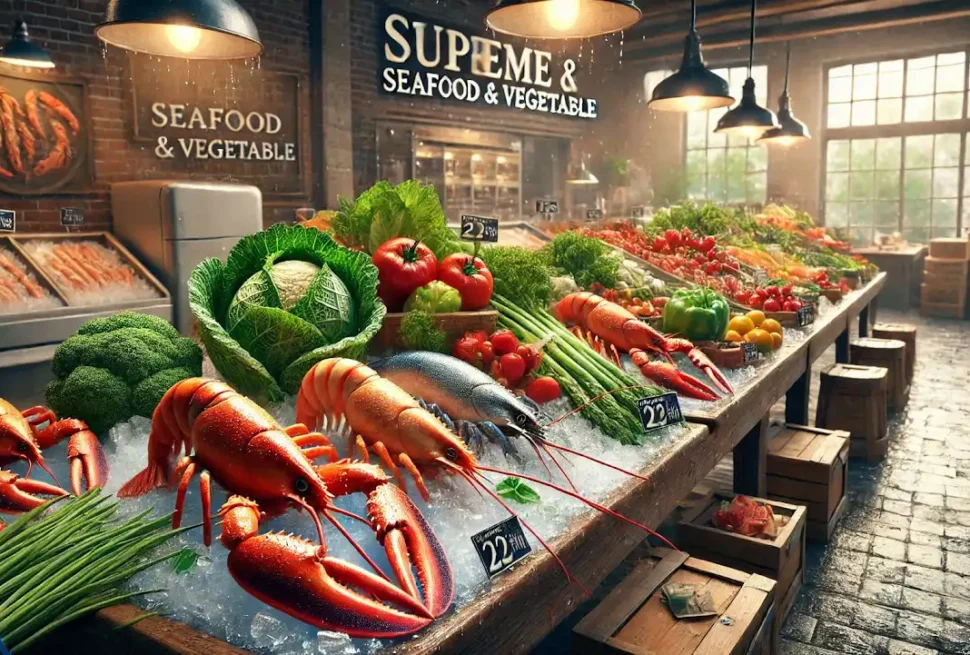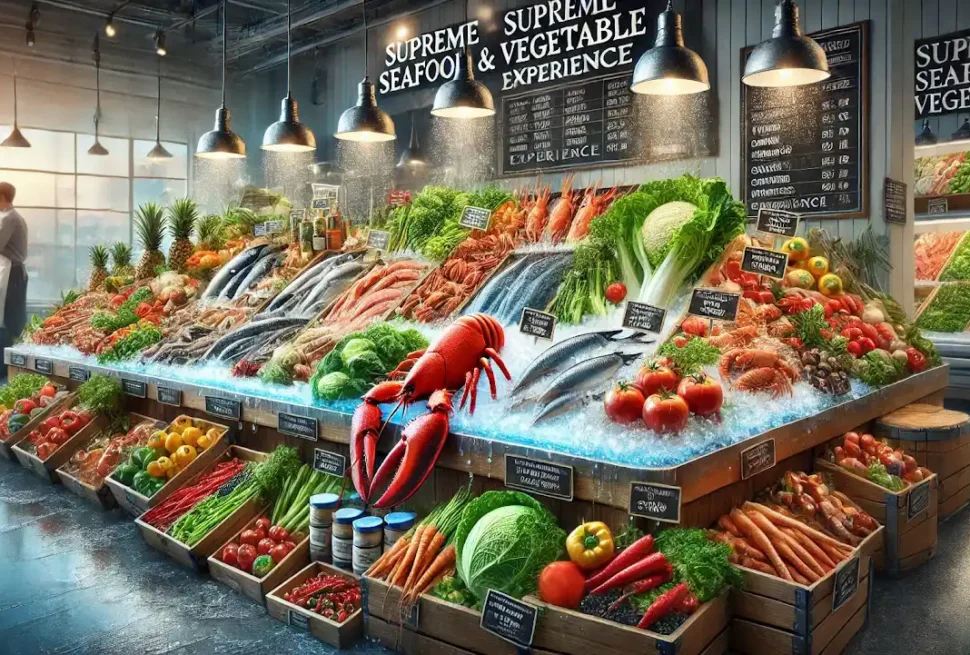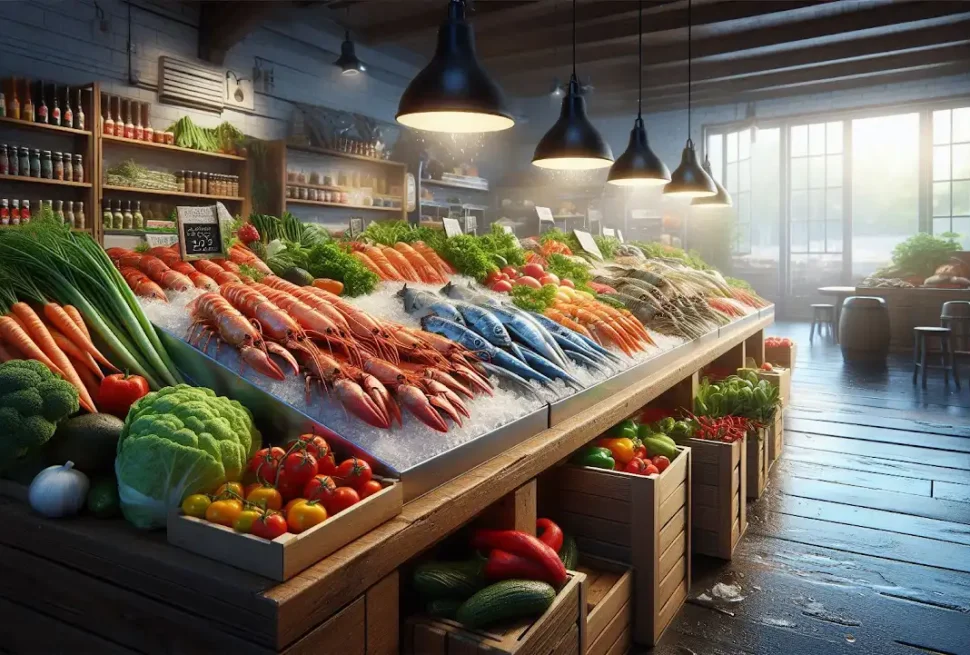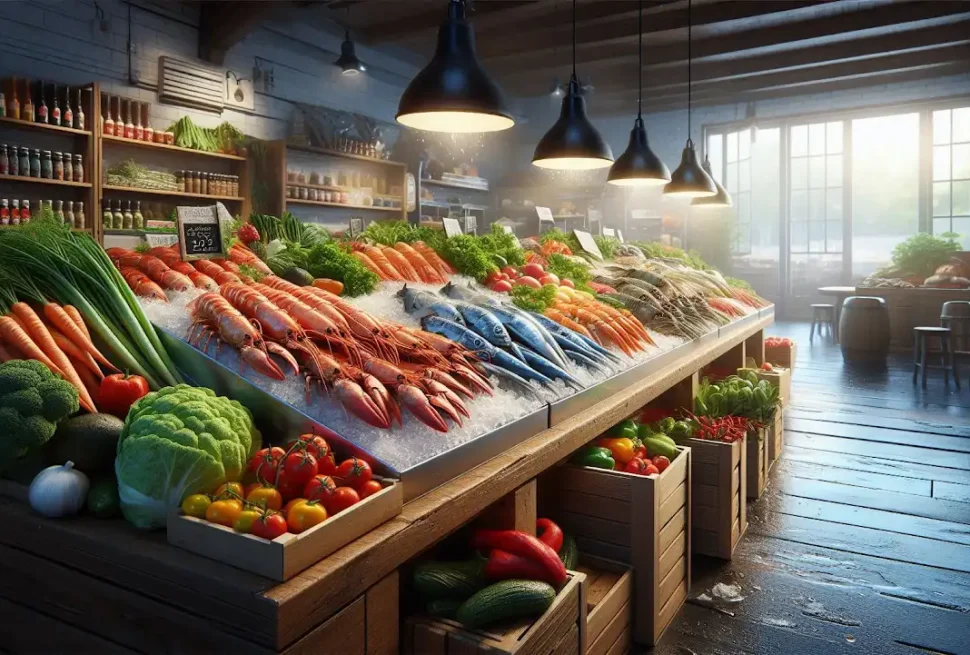Sustainable Luxury: Dubai’s Agricultural Renaissance
The convergence of luxury real estate and sustainable agriculture has sparked a remarkable transformation in Dubai’s urban landscape. High-end residential developments are increasingly incorporating working farms and agricultural spaces directly into their architectural blueprints, revolutionizing the concept of luxury living. This innovative approach reflects a growing awareness among Dubai’s affluent residents about the importance of sustainable food sources and the desire for authentic farm-fresh experiences.
The integration of agricultural facilities within residential complexes represents a significant departure from traditional amenity offerings in Dubai’s luxury real estate sector. developers are now allocating substantial square footage to hydroponic gardens, vertical farms, and traditional soil-based growing areas. These spaces not only provide fresh produce but also serve as educational hubs where residents can learn about sustainable farming practices and food production.
Climate-controlled environments and advanced irrigation systems have made it possible to maintain year-round agricultural production, even in Dubai’s challenging desert climate. These technological innovations have enabled developers to create self-sustaining ecosystems within their properties, where fresh produce can be grown and harvested regardless of external weather conditions. The implementation of smart farming technologies has significantly reduced water consumption while maximizing crop yields.
The success of these agricultural initiatives has led to a ripple effect throughout Dubai’s real estate market, with more developers incorporating farming spaces into their project designs. This trend has created a new standard for luxury living, where access to fresh, locally grown produce is considered as essential as traditional amenities like swimming pools and fitness centers.
Culinary Innovation in Residential Communities
Dubai’s farm-to-table movement within residential developments has given rise to a new breed of restaurant concepts that prioritize hyperlocal sourcing. On-site restaurants work directly with residential farmers to create menus that showcase produce harvested mere hours before service. This unprecedented level of freshness has established new benchmarks for dining quality within residential communities.
Professional chefs employed by these residential developments have embraced the challenge of creating seasonal menus based on available produce from their on-site farms. This approach has led to innovative cooking techniques and creative dish presentations that highlight the natural flavors of locally grown ingredients. The direct collaboration between chefs and farmers has resulted in the cultivation of unique and rare vegetable varieties specifically chosen for their culinary applications.
Residential cooking classes and chef-led workshops have become popular community activities, where residents learn to prepare dishes using ingredients they’ve helped grow. These educational programs have fostered a stronger connection between residents and their food sources while promoting sustainable cooking practices. The hands-on experience of harvesting and cooking with fresh ingredients has created a more engaged and knowledgeable community of food enthusiasts.
The success of these culinary programs has attracted renowned international chefs to Dubai’s residential developments, further elevating the dining experience. These culinary experts bring their expertise in farm-to-table cooking while adapting their techniques to incorporate local ingredients and traditions.
Agricultural Technology Integration
Advanced hydroponics systems have revolutionized food production within Dubai’s residential developments. These soil-less growing systems utilize minimal water while producing maximum yields, making them ideal for desert environments. The implementation of vertical farming techniques has allowed for efficient use of space, enabling the production of significant quantities of fresh produce within limited areas.
Smart monitoring systems equipped with artificial intelligence track plant health, nutrient levels, and growing conditions in real-time. These technologies ensure optimal growing conditions while minimizing resource waste. The data collected from these systems has proven invaluable in improving crop yields and maintaining consistent produce quality throughout the year.
Here are the key technological innovations implemented in residential farming spaces:
- Automated climate control systems maintaining optimal temperature and humidity
- LED growing lights programmed to simulate natural sunlight patterns
- Smart irrigation systems with precision water delivery
- IoT sensors monitoring soil conditions and plant health
- Automated nutrient delivery systems
- Climate-controlled storage facilities for harvested produce
The integration of renewable energy sources, particularly solar power, has made these agricultural operations more sustainable and cost-effective. Many developments have installed solar panels to power their farming operations, reducing their carbon footprint while maintaining productivity.
Community Engagement and Social Impact
The presence of working farms within residential developments has created new opportunities for community interaction and social engagement. Regular farming workshops, harvest festivals, and communal dining events have strengthened social bonds among residents while promoting sustainable living practices. These community-centered activities have transformed residential developments into vibrant, interactive neighborhoods where sustainable living is celebrated and shared.
Educational programs targeting young residents have proven particularly successful in promoting environmental awareness and healthy eating habits. Children participate in planting, maintaining, and harvesting crops, gaining practical experience in sustainable agriculture while developing an appreciation for fresh, healthy food. These early experiences with sustainable farming have created a new generation of environmentally conscious individuals who understand the importance of local food production.
The success of residential farming initiatives has inspired broader community outreach programs. Many developments have established partnerships with local schools and educational institutions, offering tours and workshops that showcase sustainable farming practices. These educational partnerships have helped spread awareness about sustainable agriculture while positioning Dubai’s residential developments as leaders in environmental innovation.
The creation of farmers’ markets within residential communities has provided residents with direct access to fresh produce while creating new economic opportunities for local farmers and food artisans. These markets have become popular weekly events that attract visitors from throughout Dubai, establishing residential developments as destinations for sustainable food enthusiasts.
Economic and Environmental Benefits
The integration of agricultural facilities into residential developments has generated significant economic advantages for property developers and residents alike. Property values in developments featuring working farms have shown above-market appreciation, reflecting strong demand for sustainable living options. The presence of on-site farming facilities has become a key differentiator in Dubai’s competitive real estate market, attracting environmentally conscious buyers and commanding premium prices.
Operational costs for residential developments have decreased through the implementation of sustainable farming practices. The reduction in food transportation costs, combined with efficient resource utilization, has created a more economically sustainable model for residential operations. The sale of excess produce to local restaurants and markets has created additional revenue streams for residential developments while supporting local food systems.
Environmental impact assessments have demonstrated significant reductions in carbon emissions associated with food transportation and storage. The implementation of sustainable farming practices has also led to improved waste management through composting programs and reduced packaging requirements. These environmental benefits have helped residential developments achieve prestigious sustainability certifications while reducing their overall environmental impact.
The success of sustainable farming initiatives has attracted increased investment in agricultural technology and infrastructure within residential developments. This investment has spurred innovation in sustainable farming practices while creating new employment opportunities in urban agriculture and sustainable food production.
Global Recognition and Industry Leadership
Dubai’s innovative approach to integrating agriculture into residential developments has garnered international attention from real estate developers and sustainable living advocates. Industry publications and environmental organizations have recognized these developments as exemplars of sustainable urban living, establishing Dubai as a global leader in sustainable residential development.
Professional organizations and industry conferences regularly showcase Dubai’s residential farming initiatives as case studies in sustainable development. The success of these projects has influenced real estate development practices globally, with developers from other regions seeking to replicate Dubai’s integrated farming model. This international recognition has reinforced Dubai’s position as an innovator in sustainable urban development.
Dubai’s residential developments have received numerous awards and certifications for their sustainable practices and innovative approach to urban agriculture. These accolades have validated the economic and environmental benefits of integrated farming while inspiring further innovation in sustainable residential development. The recognition has attracted additional investment in sustainable development projects, ensuring continued growth and innovation in the sector.
The documentation and sharing of best practices from Dubai’s residential farming initiatives have contributed to the global knowledge base on sustainable urban development. This knowledge sharing has facilitated the adoption of similar practices in other regions while establishing Dubai as a center of excellence in sustainable residential development.




